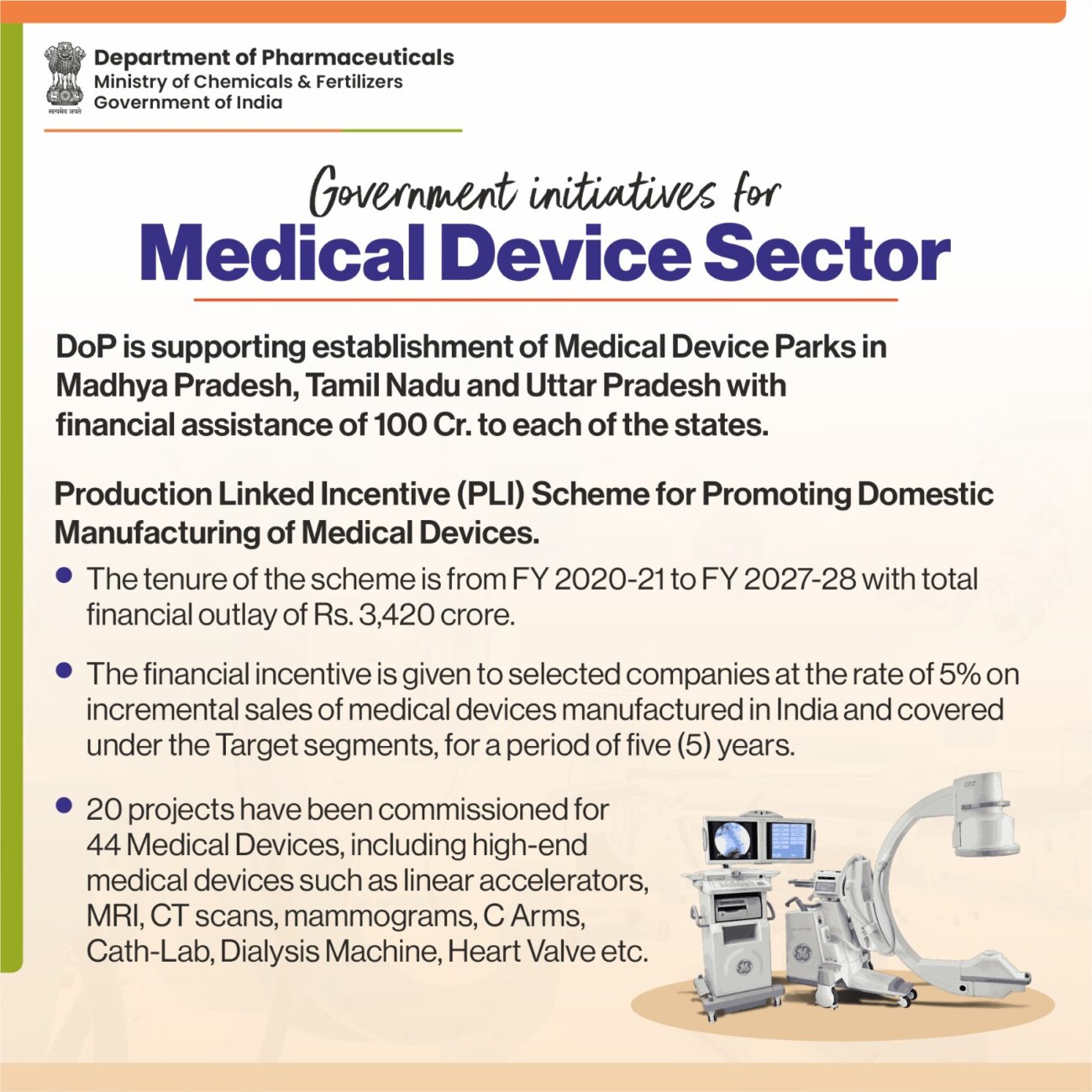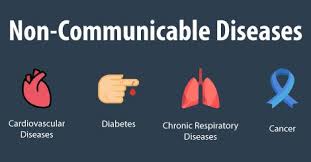Significance of Preventing Diabetes in Men
Nausheen Shaikh , Expert at Alyve Health, India’s fastest growing Health Tech Platform M.Sc - Nutrition & Food processing Certified Diabetes Educator India is one of the diabetes capitals of the world; this is when we have access to

Nausheen Shaikh , Expert at Alyve Health, India’s fastest growing Health Tech Platform
M.Sc – Nutrition & Food processing
Certified Diabetes Educator
India is one of the diabetes capitals of the world; this is when we have access to gyms, good food, and so much information! The number is getting higher each day. Diabetes is a lifestyle disease – wrong diets, inactivity, and high-stress levels are feeding the diabetes epidemic.
Uncontrolled chronic stress is one of the major causes of type 2 diabetes. High chronic stress affects one’s immunity and increases the level of a stress hormone called cortisol in the body.
Men suffering from diabetes experience erectile dysfunction due to low blood circulation in the extremities like the pelvis area. It is important to be aware of false advertisements of many herbal products and medicines that claim to cure ED. One must avoid self-medicating and always consult a doctor beforehand.
Working with mind, body, and emotional health is a huge game changer in preventing and reversing type 2 diabetes.
Diabetes is also called ‘nutritional wasting disease’ as due to polyuria ( increased urination) one loses essential water-soluble nutrients like vitamin B complex, and vitamin C and minerals like magnesium, selenium, and zinc. Although one can replace water by drinking excess water, one cannot replenish the water-soluble nutrients, thus making diabetes a leading cause of blindness, amputations, kidney failure, heart attacks, and stroke.
The best approach is to get to the root cause and fight diabetes-
1) Take measures to reduce stress by meditating, or doing yoga asanas.
2) Work on sound sleep of a minimum of 7 hours a day which naturally repairs and restores muscles, organs & tissues.
3) Eat a healthy, well-balanced nutritious diet containing plenty of fruits, vegetables, nuts, seeds, and lentils.
4) Plant-based diet has a positive impact on diabetes and inflammation.
5) Foods with low-glycemic loads have a better impact on lowering blood sugar levels than just a low-glycemic index.
6) Include superfoods like organic apple cider vinegar, fenugreek seeds, moringa leaves, turmeric, garlic, aloe vera, curry leaves, and cinnamon which help control blood sugar.
7) Ensure optimum water intake of a minimum of 2-3 litres in a day. One can make water alkaline by adding lime, cucumber, or cinnamon. For better absorption of the nutrients, to improve blood circulation and for detoxification of the body, optimum water intake is a must.
8) Regular exercise and leading a physically active life increases the release of hormones such as serotonin and dopamine. These hormones help reduce anxiety and depression.
9) Cut back on excess consumption of caffeine or alcohol, as it not only spikes cortisol levels but also leads to other medical complications.
In a nutshell, a healthy lifestyle with a balance of nutritious diet, avoidance of processed food, regular physical activity, optimum water intake, sound sleep, and de-stressing one’s body and mind is the key to type 2 diabetes prevention as well as control.
Here are some of the lifestyle modification techniques that one can incorporate to reduce the risk of diabetes:
- Manage your weight: Being Obese or overweight is a big risk factor for developing diabetes. Excess body fat especially around the abdominal area can increase body resistance to insulin leading to type 2 diabetes.
Weight loss is the most efficient way to stop the progression of the disease in overweight individuals. Losing weight is the key !! Every kilogram of excess weight loss cuts the risk of developing the disease by 16%.
- Be Active: Every individual is aware of the fact that physical activity is good for health and being physically inactive raises the risk of diabetes. Physical activity helps to have better control over blood sugar levels, maintains overall good health, boosts brain activity, helps to deal with stress, and improves mood by releasing feel-good hormones. Many pieces of research demonstrate that 150 min of physical activity per week helps the body use insulin better and reduces the risk of type 2 diabetes. But, before starting any exercise regime, it is very important to check with your doctor.
- Eat healthy: What, When, and how much you eat affects your blood sugar levels. Eat plenty of fruits, vegetables and whole grains. Opt for non-fat dairy and lean meat. Restrict foods that are high in fat and sugar like bakery products, sugar-laden biscuits, and beverages. ‘Convenience meals’ are high in saturated fats and sugar and can spike sugar levels. Use fresh ingredients and choose healthy cooking methods like grilling, baking, and steaming over frying. For weight and sugar control, skipping meals is a bad idea as it can lead to overeating at other meals or snacks. Maintaining a food log for a week and noticing the eating pattern can help to cut down on unwanted calories.
- Manage Stress – In this fast-paced life, every day is filled with stress. If not managed timely, stress can take a toll on our health. When stress increases, so do the sugar levels. When we are stressed and anxious, we forget to take medicines, don’t feel like exercising, and eat unhealthy food. Join a hobby that relaxes you, and do yoga or deep breathing exercises to cope with stress.
- Quit Smoking and alcohol – If a person smokes, the chances of developing diabetes complications go high. Alcohol can cause blood sugar levels to spike or fall spontaneously.
- Sleep well – Sleep deprivation and poor quality sleep increase the risk of diabetes. It’s recommended to have a good quality sleep of 6-8 hrs per day for better recovery. It also helps manage the sugar levels well.
- Sip, Sip, and Sip– As we know, 70% of our body is made up of water. Water carries nutrients and oxygen to the cells, flushes out toxins from the body, prevents constipation, and regulates body temperature. It is an excellent health-boosting drink.
If you do not have diabetes, prevention is the most beneficial option! Improve your lifestyle, monitor your sugars at regular intervals, and stay away from this silent killer. If you are overweight and already have pre-diabetes or type 2 diabetes, lose weight to control your sugars better.
Weight management and a healthy lifestyle can stop the progression of diabetes and help prevent diabetes complications. Talk to your doctor about your goals to prevent type 2 diabetes. For help with weight loss or other lifestyle changes, consult your dietitian and get personalized advice.






